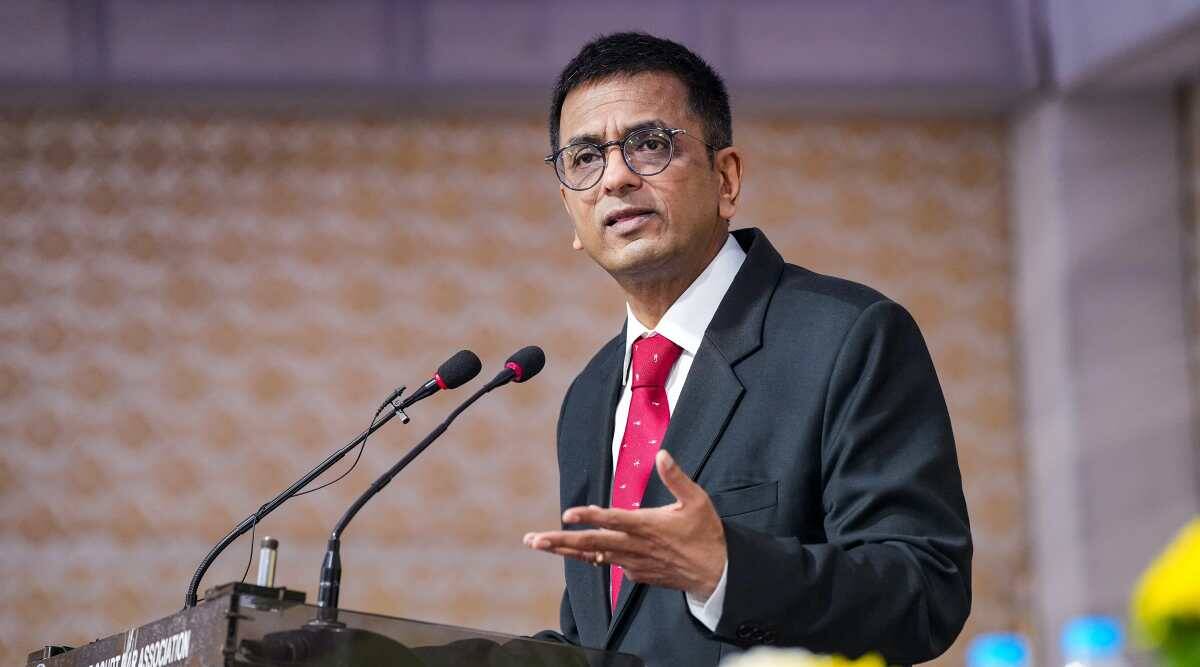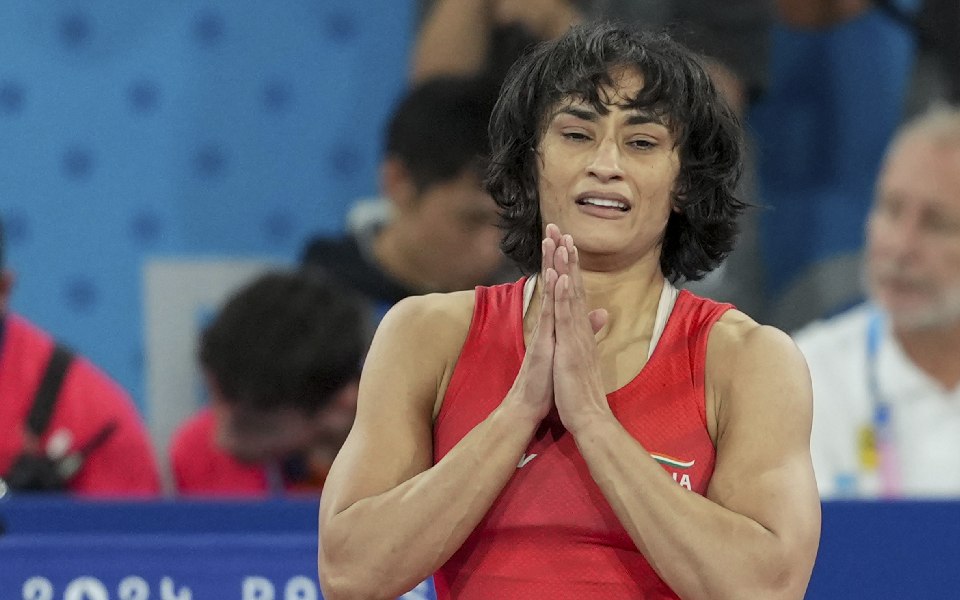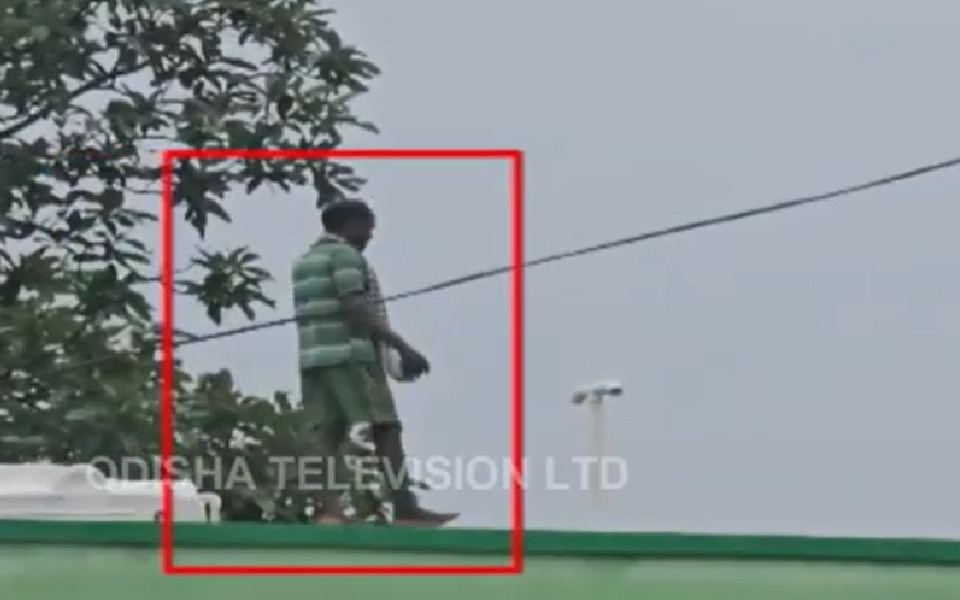New Delhi, Mar 18: Not every system is perfect but this is the best system available, Chief Justice of India D Y Chandrachud said on Saturday while defending the Collegium system of judges appointing judges, a major bone of contention between the government and judiciary.
Speaking at the India Today Conclave, 2023, the CJI said judiciary has to be protected from outside influences if it has to be independent.
"Not every system is perfect but this is the best system we have developed. But the object was to protect the independence of the judiciary, which is a cardinal value. We have to insulate the judiciary from outside influences if the judiciary has to be independent," Chandrachud said.
The CJI also responded to Law Minister Kiren Rijiju voicing displeasure over the Supreme Court Collegium revealing the government's reasons for not approving the names recommended by it for appointment as judges of constitutional courts.
"What is wrong about having a difference in perception? But, I have to deal with such differences with a sense of robust constitutional statesmanship. I do not want to join issues with the law minister, we are bound to have differences of perceptions," the CJI said.
Rijiju has been quite vocal against the Collegium system and once even called it "alien to our Constitution".
Justice Chandrachud said there is absolutely no pressure from the government on how to decide cases.
"In my 23 years of being a judge, no one has told me how to decide a case. There is absolutely no pressure from the government. The Election Commission judgment is proof that there is no pressure on the judiciary," CJI said.
The Supreme Court had recently ruled the appointment of the Chief Election Commissioner and election commissioners will be done by the President on the advise of a committee comprising the Prime Minister, Leader of Opposition in the Lok Sabha and the Chief Justice of India.
Let the Truth be known. If you read VB and like VB, please be a VB Supporter and Help us deliver the Truth to one and all.
New Delhi, Sep 25: The National Anti-Doping Agency (NADA) on Wednesday served a notice to wrestler-turned-politician Vinesh Phogat for whereabouts failure and sought an explanation within 14 days.
Vinesh had announced her retirement after her disqualification from the Paris Olympics in August, saying she doesn't have the strength to continue. The 29-year-old, who was disqualified for being 100gm overweight ahead of her 50kg category gold medal bout, had announced her decision via social media.
All the athletes registered with NADA's Registered Testing Pool (RTP), of which Vinesh is a part, are required to provide details about their availability for dope tests.
If they fill the details and are found not available on that location at that given time, it is considered a whereabouts failure.
The NADA, in its notice, conveyed to the wrestler-turned-politician that she had apparently committed a whereabouts failure as she was not available for a dope test on September 9 at her house in Kharkhoda village in Sonepat.
Vinesh had announced her retirement from the sport after her Paris Olympics campaign ended in heartbreak, where she made the final but was disqualified ahead of her gold-medal bout for being overweight.
Vinesh and fellow wrestler Bajrang Punia joined the Congress party recently and she is contesting the upcoming Haryana Assembly election from Julana constituency.
She has been busy campaigning in the Julana constituency these days.
"You are hereby given a formal notice to notify you about apparent failure to comply with the whereabouts requirements of the ADR, and to invite you to make any comments before we come to a final decision on the matter," the NADA notice read.
"A Dope Control Officer (DCO) was sent to test you on that dav at that time and place. However, he was unable to locate you for testing as you were not available at the given location."
Vinesh needs to either accept the failure or provide evidence that she was present in that location for about 60 minutes.
It may be mentioned that one whereabouts failure does not constitute an anti-doping rule violation. There must be three whereabouts failures (whether filing failures or missed tests) within a 12-month period for NADA to charge an athlete.





